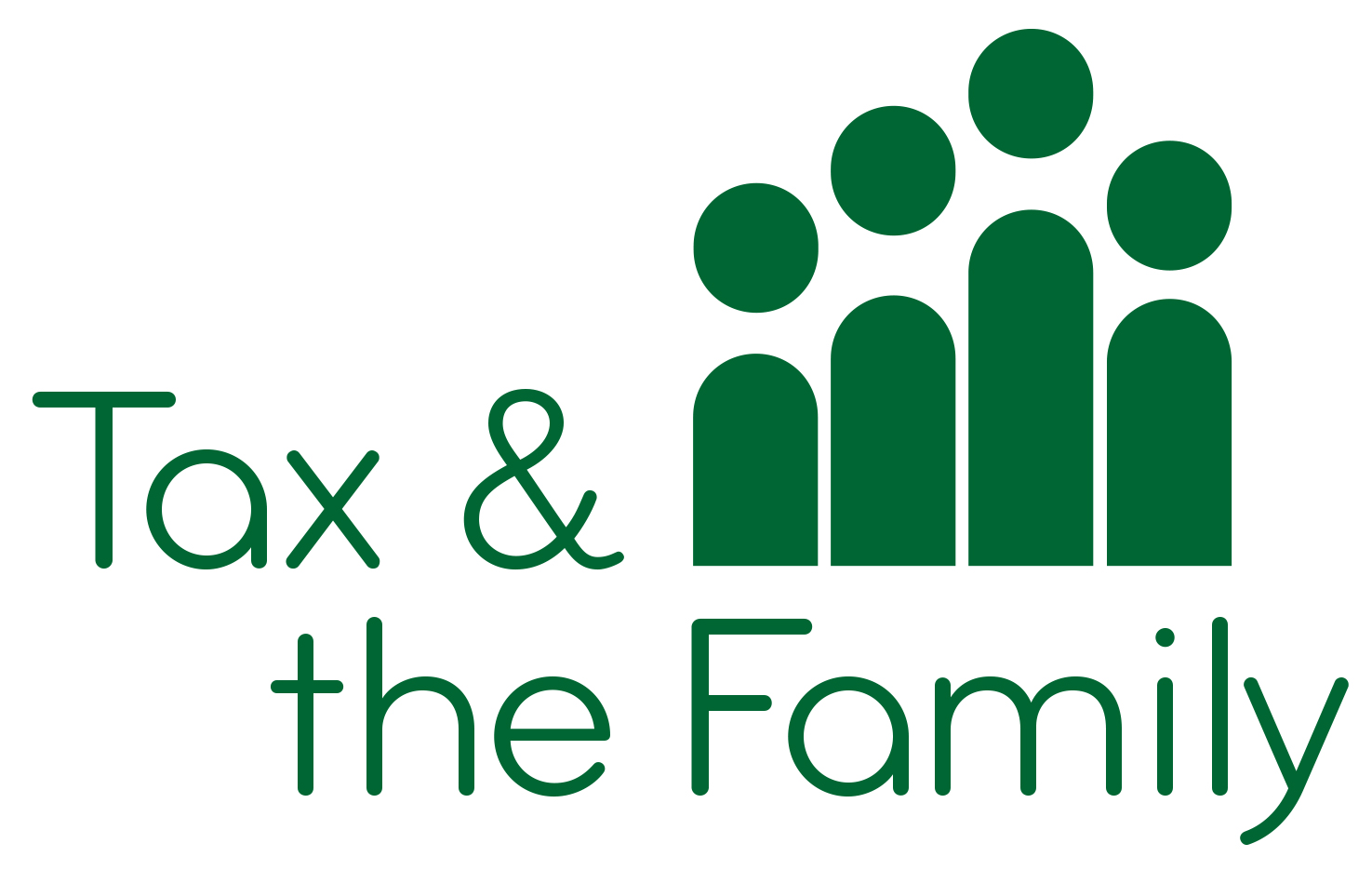Taxation of Families in 2024
The cut in National Insurance has not changed this picture much. Families getting universal credit benefit less than other taxpayers from cuts in income tax or National Insurance.
An increasing number of families are entitled to universal credit and pay income tax. Universal Credit was introduced in 2013 but it is only now that families on “legacy benefits” are being switched onto Universal credit in any numbers. The overlap of the tax and benefit system results in high marginal rates which mean there is very little incentive to earn more.Families caught in this “tax trap” will find it very difficult to increase their disposable income.
Universal Credit was designed to strengthen work incentives and to an extent it has. But families with low household incomes still have a 68% marginal rate, far higher than the income tax rate that applies to the highest earners . Under the legacy system there were multiple overlapping tapers. There is now only one but this is resulting in Universal Credit applying to some families with very high incomes. We are not the only ones drawing attention to this.
When the housing element is included Universal Credit may apply to households with incomes as high as £98,446. It is likely that there will the families with even higher incomes who are entitled to universal credit and thus have a high marginal rate and little incentive or ability to earn more.
Our modelling reveals that families with with the same housing costs will be paying more tax and more likely more likely to be in poverty if they have a mortgage than if they pay rent. Policies aimed at reducing the number of children living in poverty will not be effective unless this is taken into account. A single parent with two children in private rented accommodation is unlikely to be paying tax if the household disposable income less than 60% of the median whereas paying mortgage interest they could be in “poverty” and paying well over £6,000 in income tax.
Where the families pay income tax and get universal credit they get little benefit from increases in the minimum wage or from tax cuts. There may be no easy answers. These problems need to be recognised. A debate needs to begin on how the tax and benefit can be changed to make the tax system fairer and to reduce the number of families with high marginal rates.
